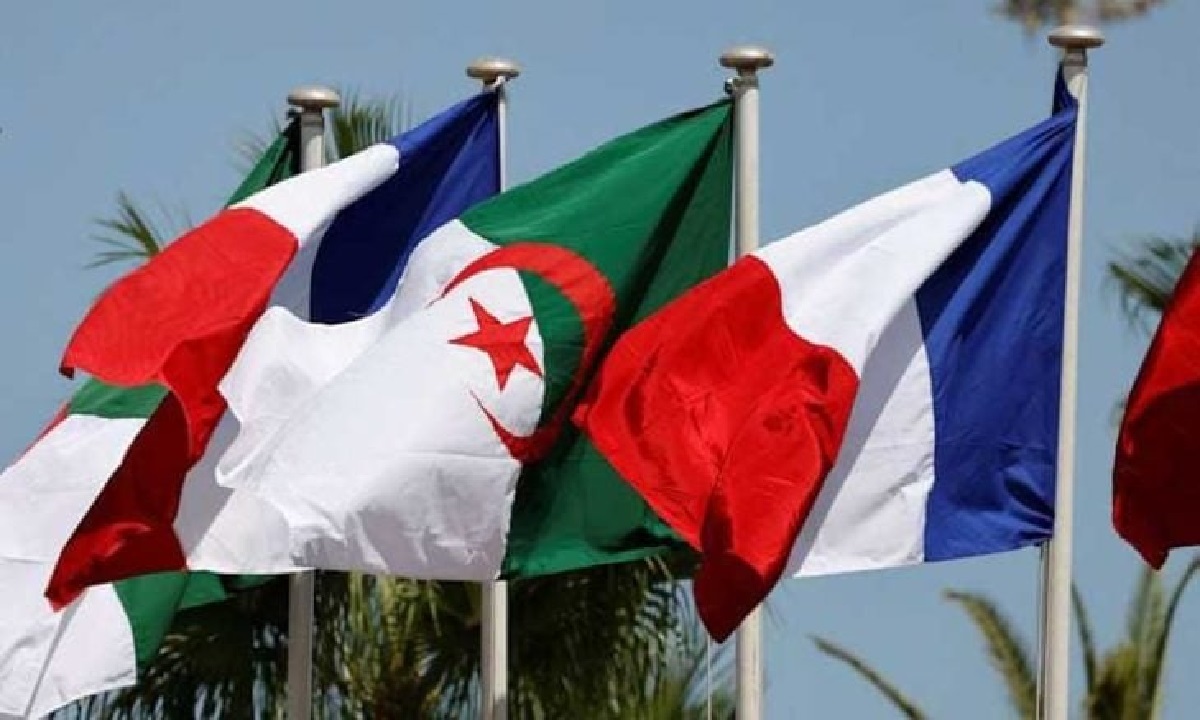
Algeria has canceled its 2013 diplomatic visa waiver agreement with France, escalating tensions over migration, consular cooperation, and historical disputes. The decision follows France’s suspension of the deal earlier this week, which French President Emmanuel Macron linked to Algeria’s lack of cooperation on migration and security.
Algeria’s Foreign Ministry issued a statement condemning France’s actions, claiming the agreement was originally proposed by Paris. As a result, French diplomatic and service passport holders will now face the same visa conditions imposed on Algerian officials.
The ministry accused France of resorting to “pressure tactics” by issuing threats and unilateral actions to address bilateral issues. It denounced the French visa restrictions as “unacceptable blackmail” aimed at securing the deportation of undocumented migrants, which it argued violates international obligations.
Algeria also criticized France for undermining key bilateral agreements, including the 1968 mobility accord and the 1974 family reunification protocol, particularly in how Algerian nationals are treated in France. The ministry highlighted its ongoing rejection of French diplomatic staff accreditations over the past two years.
While expressing openness to resolving disputes diplomatically, Algeria firmly rejected any form of pressure, regardless of its origin. This diplomatic escalation follows Macron’s decision to suspend the visa waiver deal after allegations of Algerian consulates in France halting cooperation and the detention of dual nationals Boualem Sansal and Christophe Gleizes.
The relationship between the two countries has worsened since April, when both nations expelled 12 diplomats in a reciprocal move and downgraded their missions. Tensions were further fueled by France’s support for Morocco’s autonomy plan in Western Sahara, along with unresolved colonial-era grievances, nuclear test reparations, and visa policies.
